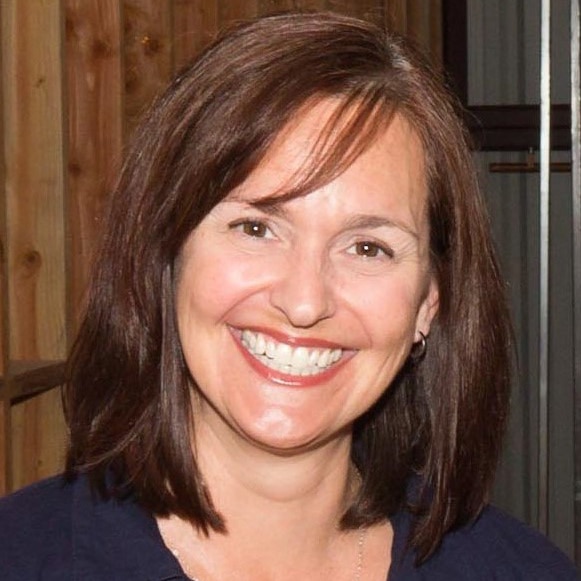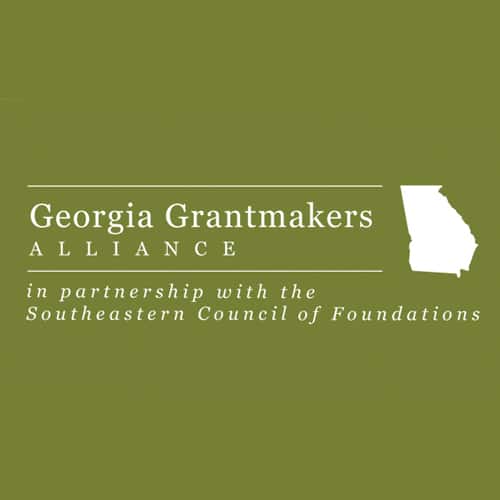“I am a strong believer in the intersection between public policy and private philanthropy. The only way we will truly make headway on complex issues like improving literacy is through foundations working with one another and with other community leaders, public entities, and nonprofits. I am excited to be part of Get Georgia Reading because it enhances my ability to be a bridge between these various entities so we can connect those dots and build an ecosystem that supports all children and families in Georgia.”
Lydia Clements, Director


Established in 2010, the Georgia Grantmakers Alliance (GGA) is a nonpartisan statewide network of funders who believe that private funding aligned with rational and equitable state policies can achieve meaningful and lasting impact in Georgia communities. GGA has four focus areas—education, health and mental health, child well-being, the environment—with a commitment to racial equity running through each of those focus areas.
Because all four focus areas relate to the work of the Campaign and its four-pillar framework for action, GGA is able to function as a bridge builder between the larger network of Campaign Cabinet members and community coalitions and the private funders working in Georgia.
Just as the four pillars reflect the interconnectedness of a whole-child approach to support children and their families on the pathway from birth through third grade language and literacy development, GGA prioritizes the intersections between health care, the educator workforce, brain development, behavioral health, and more, as well as the state policies that affect them. GGA advances anti-racist systems, centering its work on the communities disproportionately affected by systemic barriers, using disaggregated data to identify and address inequities, and featuring leaders of color and leaders from both rural and urban areas.
GGA has organized a Public Policy Committee comprised of funders in the network seeking to increase their understanding of public policies and their impact on grantmakers’ focus areas—and then share that information with peers across the state through a variety of communication channels, including policy briefs, webinars, site visits and other programming, newsletters, and an internal knowledge center. GGA also utilizes these channels to share information about the four pillars and the ways in which they are being applied at the community and state levels with the grantmakers in the alliance.
To learn more about GGA, visit their website.
